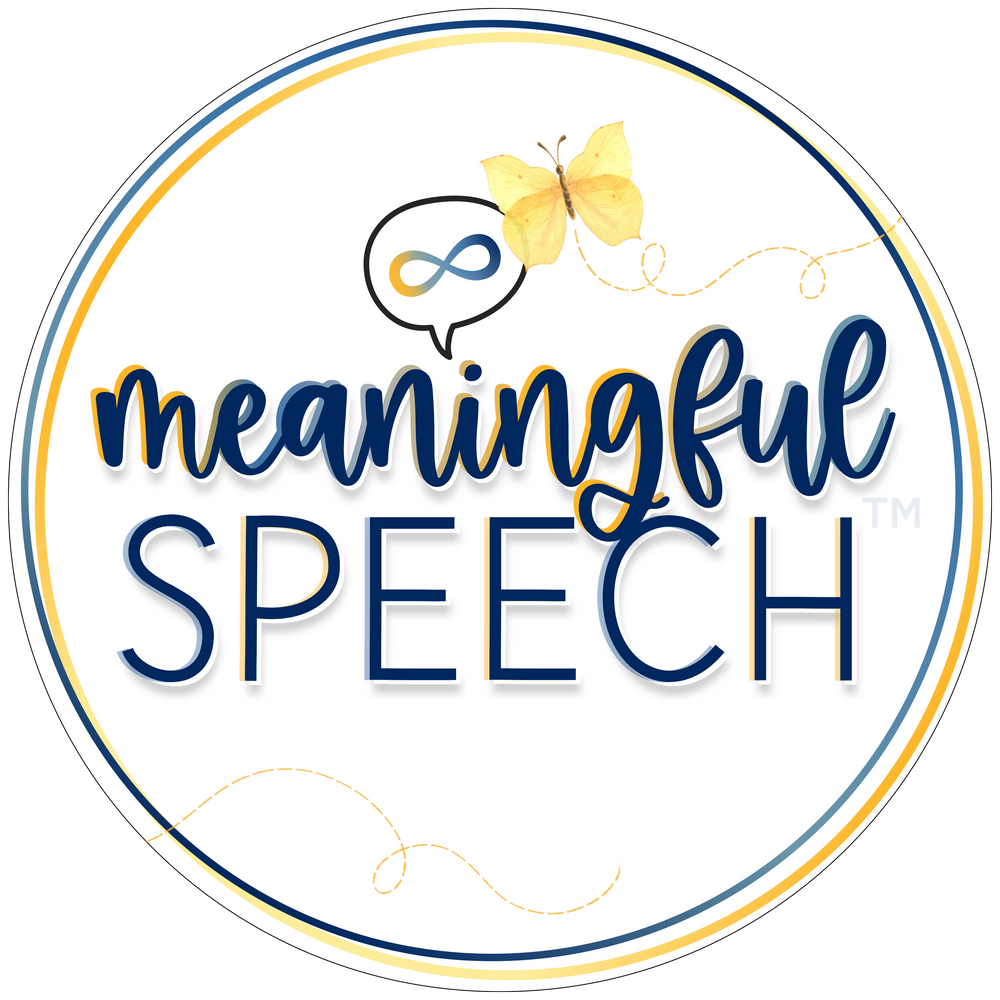Medical vs. Social Model of Disability
Jan 31, 2024
The medical model sees disabilities as something "wrong" with an individual that needs to be "fixed." It focuses on changing the person to fit societal standards of “normal” and believes the proper approach is through extensive intervention and treatment. Historically, medical professionals, in most cases, have recommended extensive therapies for newly diagnosed Autistic individuals in order to "treat the symptoms" and bring them closer to neurotypical functioning. Looking at autism through a medical model of disability affects recommendations for Autistic children. While not all gestalt language processors are autistic, most autistic children are likely gestalt language processors.
Social Model of Disability
The social model of disability was developed by disabled people to better explain their experience of disability and create a more inclusive society. The model says that people are disabled due to barriers in society and not by their differences. It does not deny that neurodivergent people face challenges but emphasizes that they live in a world that does not accommodate their needs. Our society often does not make the necessary changes that will allow disabled people to get access to the accommodations and supports they need.This model of disability is neurodiversity-affirming and accepted by most Autistic adults.
What should we do?
We need to keep in mind that for the most part, the medical system (especially in the United States of America) is not neurodiversity-affirming right now. Most neuropsychologists and developmental pediatricians are going to recommend many (e.g. up to 30-40 hours) hours of therapy for autistic children because they are looking at things through a different lens (the medical model of disability). We need to think about what we want for our child (if you're a parent) or we need to understand the family's goals (if you're a professional).
That should always be the starting point. Many families feel lost when their child is given an autism diagnosis. They are looking to the diagnosing physician for recommendations. It's important to understand where these recommendations are coming from and to realize you don’t need to follow them if they don’t feel right and/or don't fit your family's goals for your child.
We also want to keep in mind (as professionals) that many families do not have a choice when it comes to services. Due to financial reasons, insurance, safety, and/or other other life constraints they may have to put their child in therapies that are not neurodiversity- affirming. We need to meet all families where they are at with kindness and compassion. We are all doing the best we can do and always have the child’s best outlook in mind. Continue to educate and advocate and slowly our system will change to best support Autistic children.
Want to learn more in-depth information about how to support gestalt language processors?
1. There are many free podcasts, webinars and articles to get you started. A comprehensive list of resources can also be found on our website.
2. Consider taking the Meaningful Speech course to learn more about how your child or client processes language, how you can help support them from echolalia to self-generated (original flexible) language, child-led therapy, and neurodiversity-affirming practices. Looking for something shorter? We have a 1-hour introductory course perfect for extended family, daycare or school staff.
3. Consider taking our AAC + Gestalt Language Processing course. It will teach you how to identify, evaluate and support gestalt language processors who use AAC or who you think might benefit from AAC.
4. Look for a speech-language pathologist (SLP) who "gets it" and can help you in supporting your child's language development. Check out our registry for SLPs who understand gestalt language processing and child-led therapy.
5. Are you a school-based or private practice clinician looking for intake forms for new clients/students or creative visual reminder posters for your space? Check out the Meaningful Speech Marketplace.
